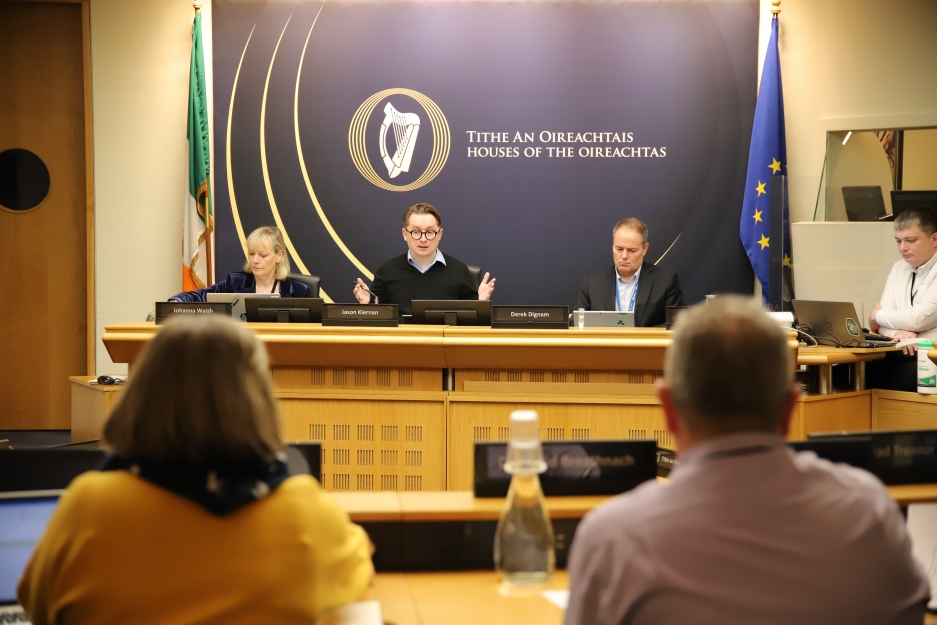Free speech and rule of law under threat in Ireland’s new "hate offences" bill

On April 26, the lower house of the Irish Parliament passed what could be the most extreme hate speech law in Europe, with critics saying that it is in fact a 'thought crime' bill. The text of the bill makes the possession of material considered 'hateful' against certain groups a crime punishable with jail, and the burden of proof is shifted to the accused, who is expected to prove they didn't intend to use the material to "spread hate".
The Dáil Eireann (lower house of the Irish Parliament) approved the "Criminal Justice (Incitement to Violence or Hatred and Hate Offences) Bill 2022" on April 26. If the Seanad Éireann (upper house) passes the bill in the same form as it is now, this would mean 'thought crime' has effectively been made a reality in Ireland.
The bill targets material against "protected categories," i.e. race, colour, nationality, religion, national or ethnic origin, descent, gender, sex characteristics, sexual orientation, and disability. The text in Article 10 reads:
"a person shall be guilty of an offence under this section if the person:
(a) prepares or possesses material that is likely to incite violence or hatred against a person or a group of persons on account of their protected characteristics or any of those characteristics with a view to the material being communicated to the public or a section of the public, whether by himself or herself or another person,
and
(b) prepares or possesses such material with intent to incite violence or hatred against such a person or group of persons on account of those characteristics or any of those characteristics or being reckless as to whether such violence or hatred is thereby incited."
Furthermore, in the continuation of the article it can be read: "[if] it is reasonable to assume that the material was not intended for personal use, the person shall be presumed, until the contrary is proved, to have been in possession of the material (with the intention to make it public)." Shifting the burden of proof to the accused, who is expected to prove they didn't intend to use the material to "spread hate".
The bill mentions "religious content" as one of the exemptions to consider it "hateful," but since the accused is the one who should prove every time the intention of the material, contradicting one of the basic principles of the rule of law, freedom of religion is severely threatened by this bill. The judge will make the ultimate interpretation of the law and it will be he who will finally decide whether something is "hateful" or not. For example, possessing religious content that doesn't accept or fit in the modern narrative of 'gender self-identification" could be prosecutable as "hateful" content if the person who owns it fails to prove its connection to religion.
Apart from the complete violation of privacy that this means, many contradictions that might arise from this law could seriously limit not only freedom of speech but also freedom of religion.
Sources: Houses of the Oireachtas; MercatorNet; Newsletter.co.uk; CNA